15 Lawn Care Tips From an Expert Landscaping Business
A well-maintained lawn not only enhances its visual appeal but also contributes to the overall ambiance and value of a property. Attention to lawn care is crucial for personalizing outdoor spaces, supporting environmental health, and boosting curb appeal. By drawing on the expertise of our established landscaping business, this article offers fourteen essential tips for optimal lawn maintenance.
With these expert tips, maintaining a lush and healthy lawn becomes a manageable task. The advice herein covers essential areas such as understanding lawn needs, proper mowing techniques, fertilization strategies, weed and pest control, irrigation practices, and seasonal maintenance. These guidelines will empower homeowners to achieve the verdant paradise they desire.
1. Choose the Right Landscaping Business
Expert landscaping companies provide a wealth of knowledge based on years of field experience. They understand that lawn care extends far beyond basic mowing and watering, requiring a strategic approach tailored to the specific needs of each lawn. Their insights help their customers craft a balanced lawn care routine that is both sustainable and effective. When you need assistance with your lawn, contact your local landscaping business for their professional advice and services.
2. Identify Your Grass Types
Understanding your lawn's grass type is fundamental to providing proper care. Different grass species have varying growth habits, environmental preferences, and maintenance requirements. Identifying whether your lawn comprises cool-season or warm-season grasses is the first step in tailoring a care regimen. Cool-season grasses, such as Kentucky bluegrass and fescues, flourish in cooler temperatures, whereas Bermuda and Zoysia are typical warm-season varieties. Recognizing your grass type helps dictate appropriate measures for mowing, watering, and fertilization.
3. Test Your Soil and Environment
Healthy soil is the foundation of a thriving lawn, making soil testing an essential component of effective lawn care. Soil testing identifies nutrient deficiencies and pH imbalances that can impede growth. By analyzing soil samples in a laboratory, specific deficiencies in nitrogen, phosphorus, potassium, and trace elements are identified. Understanding your soil's health facilitates corrective measures, ensuring robust root development and long-term vitality. A professional landscaping business often includes soil testing as part of its services.
4. Consider the Climate and Weather
Climate plays a vital role in determining suitable lawn care practices. Different regions present varying environmental challenges that require tailored solutions, emphasizing the importance of considering local weather conditions. Warm, arid climates demand drought-resistant grasses and sustainable watering practices, while cooler, wetter regions benefit from early vigilance against moss and fungal diseases. Taking the time to consider the climate in which you live can help you make the decisions to create the lawn of your dreams. Consulting with a landscaping business experienced in your area can provide invaluable guidance.
5. Follow Watering Requirements
Efficient watering is critical for maintaining a lush, healthy lawn, and understanding specific requirements prevents both overwatering and underwatering. Proper watering encourages strong root systems and improves drought resistance. Watering in the early morning minimizes evaporation and allows water to penetrate deep into the soil. According to Business Wire, your lawn only needs to be watered every few days, not every single day. For personalized advice, an experienced landscaping business can design an irrigation plan that balances your lawn’s needs with water conservation practices.
6. Choose the Right Mower
The type of mower you use can significantly impact the quality of your lawn. For smaller, flat lawns, manual reel mowers are an environmentally friendly option. Larger or uneven lawns benefit from gas-powered or electric mowers, while ride-on mowers are ideal for expansive areas. Modern models with mulching capabilities return nutrients to the soil, a practice favored by many landscaping businesses. If you don't want to invest in your lawnmower, a landscaping company can mow the lawn using their equipment!
7. Understand How to Mow Correctly
Maintaining the correct mowing height is essential for lawn health. Cutting grass too short, a practice known as scalping, can weaken it and make it more susceptible to weeds and pests. On the other hand, letting grass grow too long can create a habitat for pests. Aim to mow frequently enough to remove no more than one-third of the grass blade’s height, following a schedule that adjusts with seasonal growth patterns.
8. Sharpen Your Blades
Sharp mower blades are crucial for a clean cut, reducing stress on grass and minimizing vulnerability to disease. Dull blades tear rather than slice the grass, leaving ragged edges that brown quickly. Regular blade sharpening enhances mowing efficiency and contributes to a well-manicured appearance. Many landscaping businesses recommend blade sharpening at least once per mowing season.
9. Use the Right Types of Fertilizers
Fertilization plays a pivotal role in lawn health, supplying essential nutrients like nitrogen, phosphorus, and potassium. Synthetic fertilizers offer quick results but require careful application to avoid overuse. Organic options, such as compost or natural biofertilizers, improve soil health over time. An expert landscaping business can advise on the best fertilizer type for your lawn's specific needs.
10. Nourish Your Lawn at the Right Times
The timing of fertilization is as critical as the type of fertilizer used. Applying nitrogen-rich fertilizers during active growth seasons yields the best results. Spreading fertilizer evenly using a broadcast spreader ensures consistent nutrient distribution. Following these steps promotes balanced, lush growth.
11. Prevent Weed Growth
Weeds compete with grass for nutrients, water, and sunlight. A dense, healthy lawn is the best defense against weeds. Pre-emergent herbicides prevent weed seeds from germinating, while targeted post-emergent solutions tackle established weeds. A landscaping business can help identify persistent weed species and recommend appropriate control measures.
12. Deal With Pests
Pests such as grubs and armyworms can wreak havoc on lawns. Monitoring for signs of damage, such as dead patches or chewed blades, is crucial. Integrated pest management techniques, which combine biological, cultural, and chemical methods, provide effective control while minimizing environmental impact. Partnering with a landscaping business ensures a tailored approach to pest prevention.
13. Prepare for Changing Seasons
Spring is a crucial time for lawn care as it sets the stage for the growing season. Tasks like dethatching, aeration, and overseeding rejuvenate the lawn after winter dormancy. Fertilization and weed control are also vital during this period. A landscaping business can efficiently handle these tasks, ensuring your lawn thrives throughout the year.
14. Winterize Your Lawn
As seasons change, preparing your lawn for winter ensures it remains healthy during dormancy. Applying a winter fertilizer rich in potassium strengthens roots and enhances cold resistance. Removing debris and mowing to the proper height before the first frost minimizes stress on your grass. These proactive measures safeguard your lawn until spring returns.
15. Strategize for Optimal Growth
Achieving a lush, healthy lawn requires knowledge, effort, and a strategic approach. By incorporating the tips shared by an expert landscaping business, homeowners can create an outdoor space that is both visually appealing and environmentally sustainable. From understanding grass types to mastering mowing techniques, every step contributes to the overall health and beauty of your lawn.
Partnering with a professional landscaping business can provide personalized advice and services tailored to your lawn’s specific needs. Whether you’re tackling seasonal maintenance, pest control, or advanced fertilization strategies, expert guidance makes all the difference. Invest in your lawn today, and enjoy the lasting rewards of a thriving outdoor oasis. Contact Ward's Lawn Service today for more information!
Serving Boulder, Dacono, Firestone, Frederick, Ft Lupton, Lafayette, Longmont, Louisville, Mead, Niwot, and Superior, CO
OUR SERVICES
RESOURCES


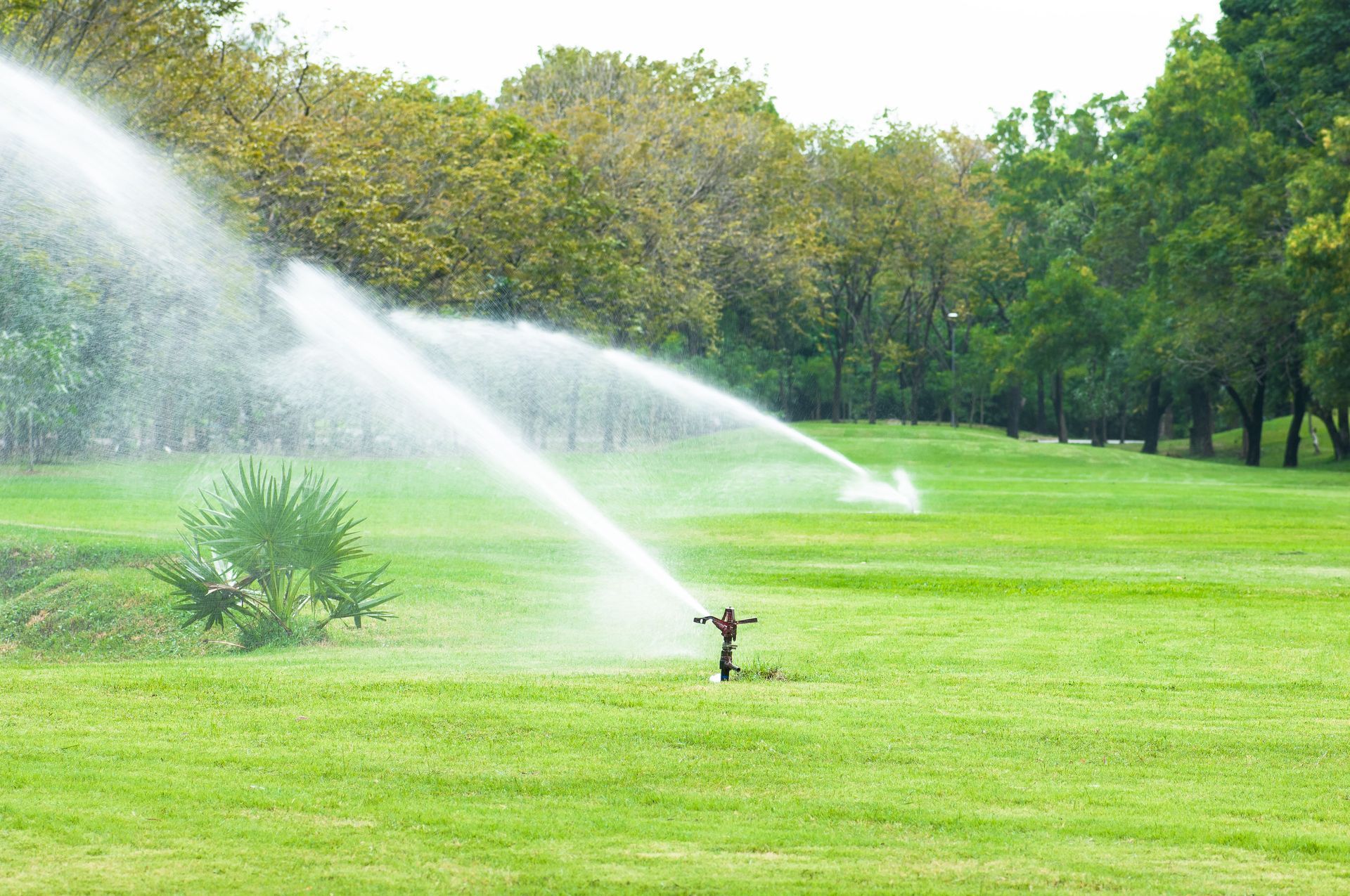
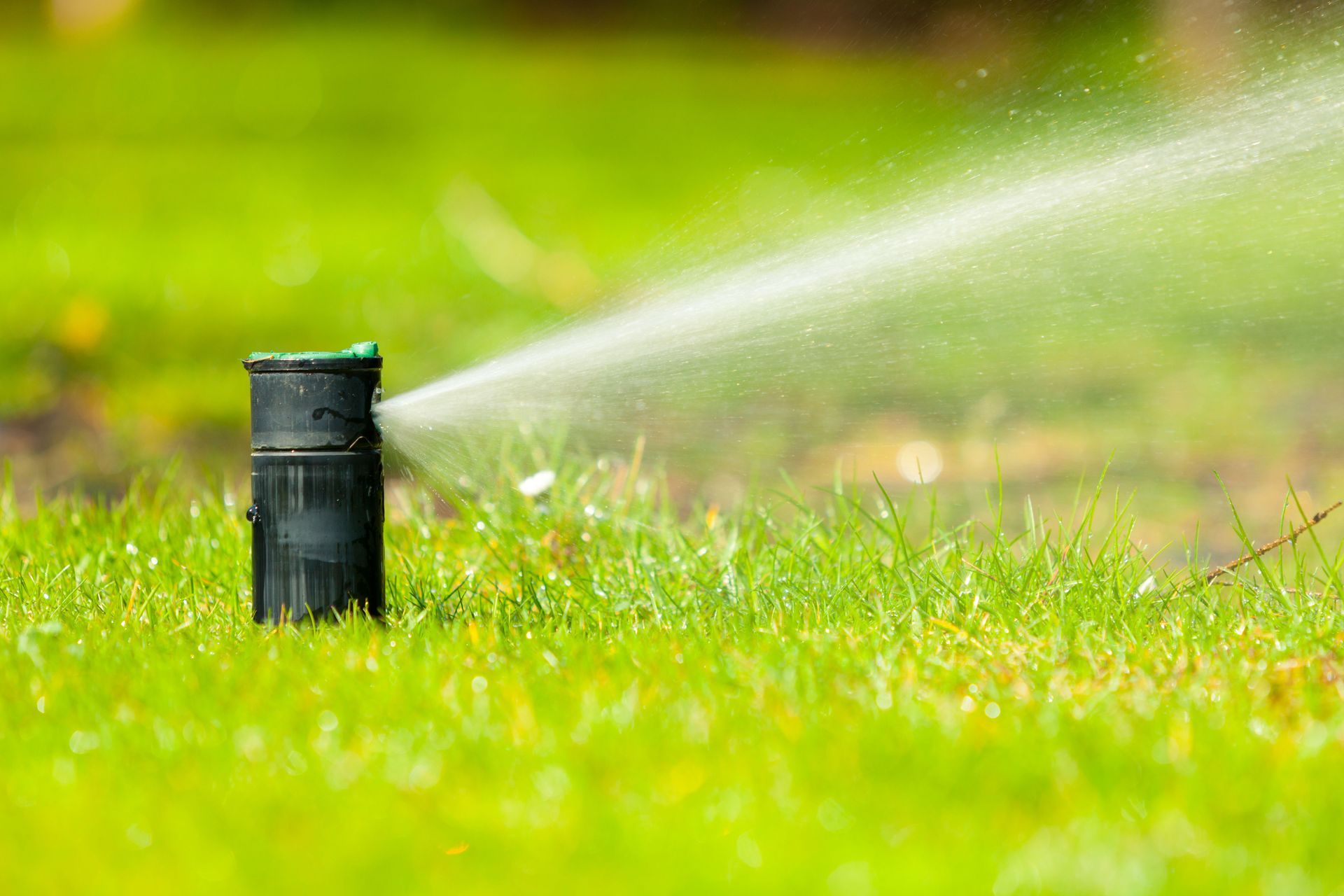

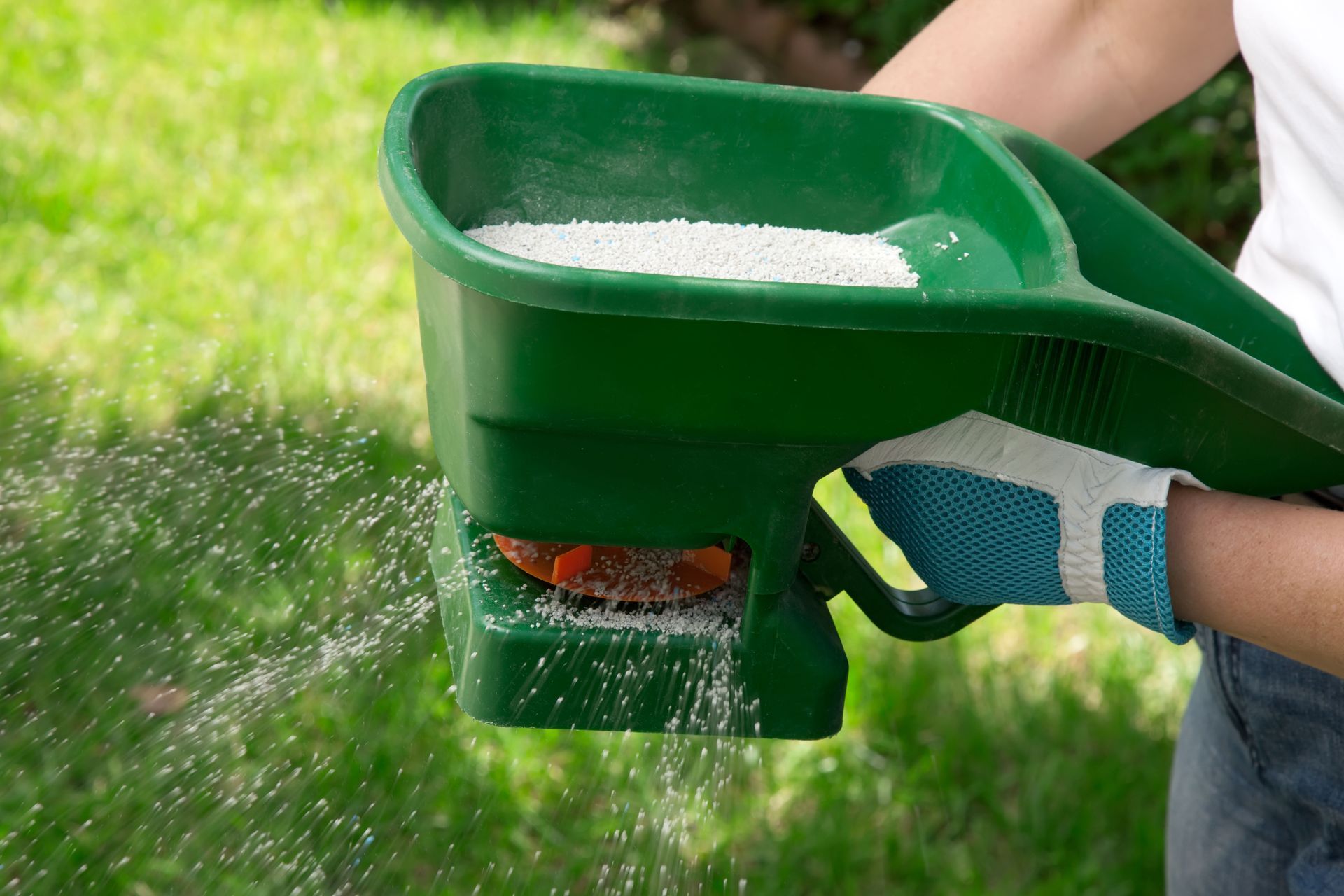

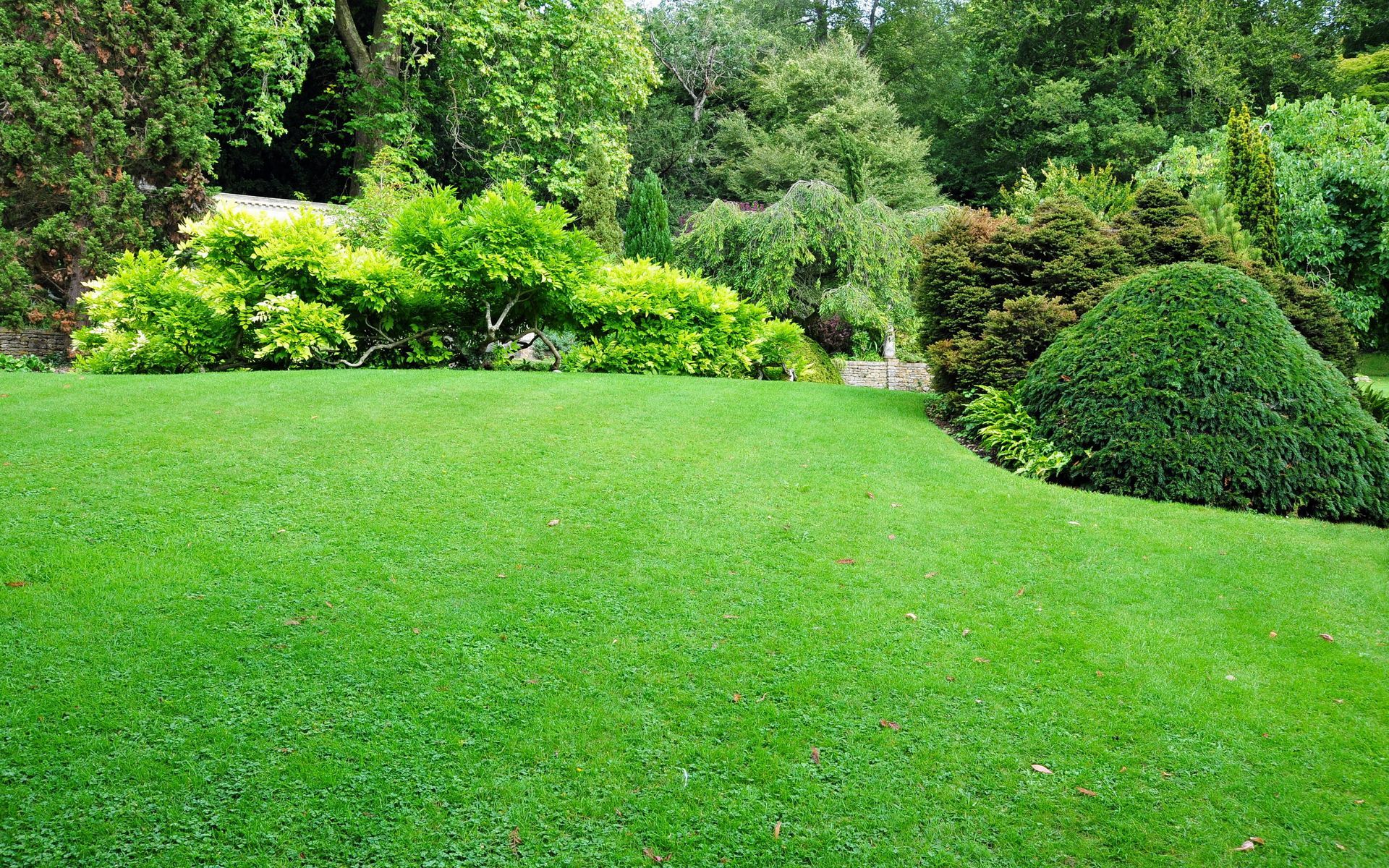


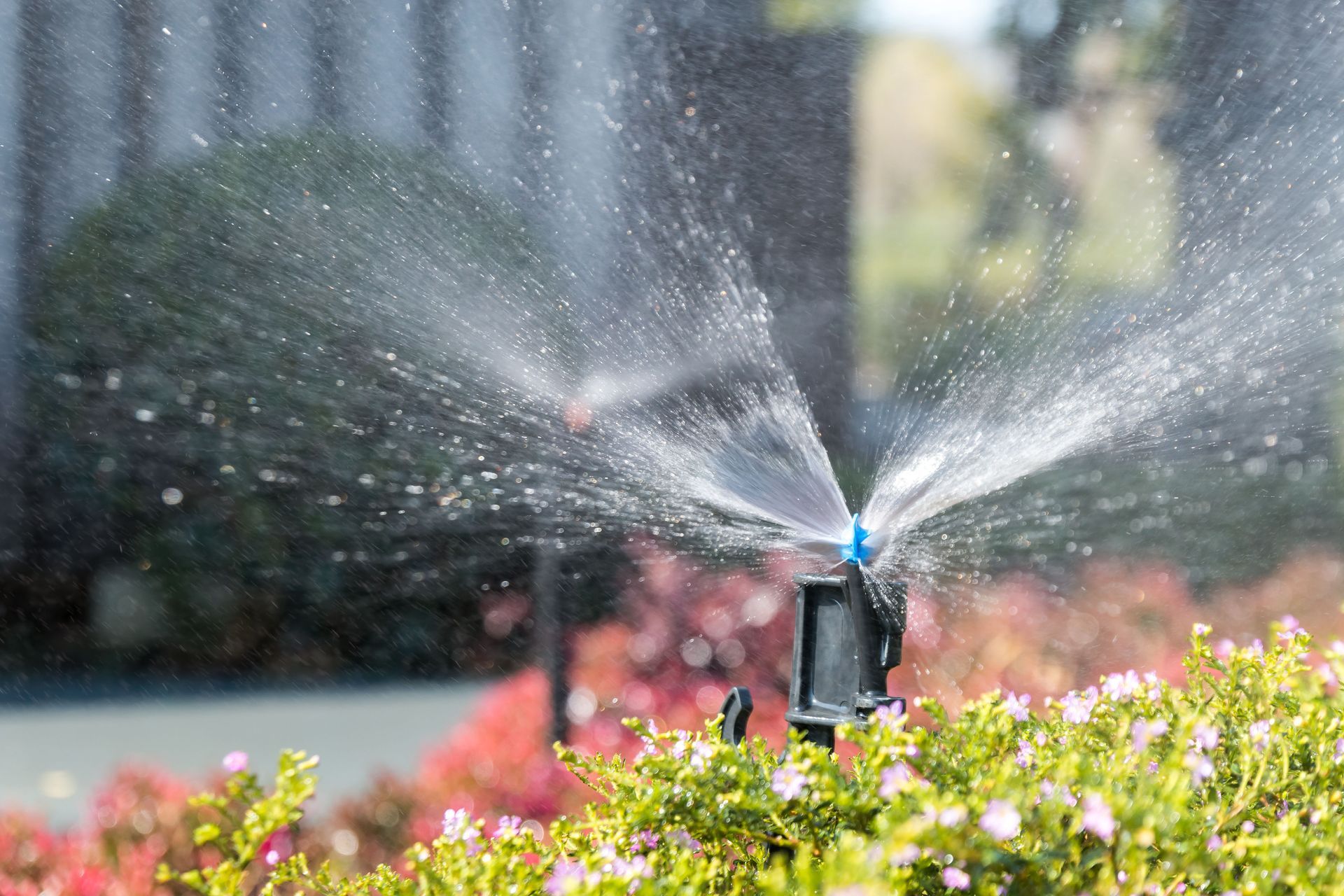
Share On: